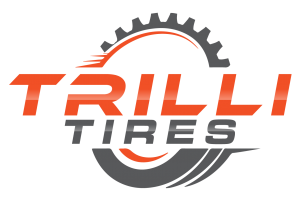A/C & Heating
servicing vehicle a/c & heating systems
Heating and cooling systems can eventually fail due to wear and tear. Hose pipes can clog or drip if they are not maintained, which will result in lower heating and cooling efficiency. Regular maintenance will ensure that your AC system runs at its peak performance and does not fail when the time comes.
There are many reasons why your vehicle’s A/C and heating system might be experiencing issues. Below you will find a list of the most common reasons these systems tend to breakdown:
- Your air conditioner should blow slightly cooler air than the outside air
- Air that is blown in smells musty, damp, or moldy
- The cabin doesn't warm up in cold temperatures, or it is just slightly warmer than the outside
- The defroster takes much longer to operate, or does not work at all
- The heater and A/C are only functional when you drive but not while the car is idling
- Heater is blowing in cold/outside temperature air
- A/C blowing in warm/outside temperature air
- Even at the highest fan setting, there is still low airflow
book your appointment today
For A/C & Heating
Frequently Asked Questions
The coolant system in a car transfers heat from one engine part to another and then loses it through radiator fins. The coolant gets dirty and old over time. The system’s performance will be affected if the coolant is not changed regularly. Regular coolant system flushes are a good idea to ensure that the system works efficiently. They are essential maintenance for your vehicle’s cooling system.
Due to the humid conditions, the core of an evaporator could be a perfect place for bacteria, microbes, and even fungi to thrive. This can cause unpleasant odors, and even harm the health of vehicle occupants. The newer evaporator units in vehicles are more efficient nowadays and have a greater ability to trap moisture. This allows for the development of microorganisms.
The radiator is the part of your vehicle which keeps your engine cool and prevents excessive heating. The radiator must be kept clean in order to keep it cool. Over time, it can become clogged with rust, sludge, and other solid materials. This causes the cooling system to become less efficient and experience clogs. This has a direct effect on your vehicle’s performance. Regular radiator flushes are enough to maintain the system’s health and should be a normal part of your car’s routine maintenance.
Modern vehicles only take about 30 seconds to heat up due to advances in technology and synthetic oils. Modern diesel cars will have an indicator for this, once the glow plug light on the dash, the heater can begin to work without damaging the engine.
